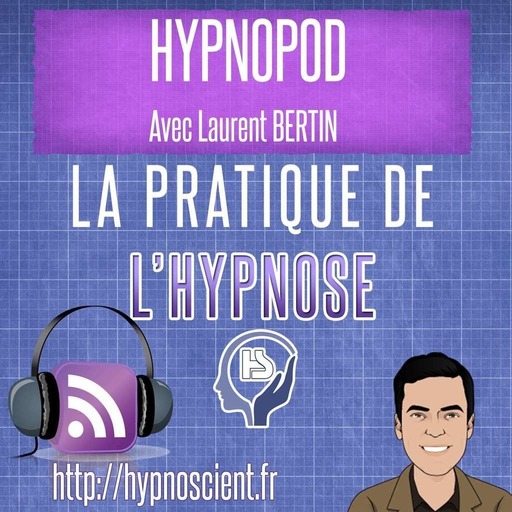Compassionate communication in the business world often gets a bad rap, seen as naive, idealistic, or even a sign of weakness. Many mistakenly believe that focusing on empathy and understanding makes one ill-equipped for the tough decisions that business demands. However, research consistently shows that employees who feel heard and understood are more engaged and satisfied in their roles.
In fact, a study by Catalyst found that 76% of people who experienced empathy from their leaders felt engaged, compared to just 32% who reported less empathy. When organizations neglect compassionate communication, it can lead to a culture dominated by fear, blame, and unhealthy competition.
About Maria Arpa
Maria Arpa, a renowned expert in workplace dynamics and compassionate communication, is reshaping the way organizations handle conflict and build strong relationships. As the founder of the Centre for Peaceful Solutions, Maria has led numerous mediation initiatives and continues to pioneer innovative approaches to creating harmony in the workplace.
- Her website Centre for Peaceful Solutions https://centreforpeacefulsolutions.org/
- Her LinkedIn profile https://www.linkedin.com/in/mariaarpa/
What We Discussed in this Episode on Compassionate Communication
- What inspired Maria Arpa to focus on compassionate communication in the workplace?
- How is compassionate communication different from traditional conflict resolution methods?
- What is the best way to learn compassionate communication skills in the workplace?
- How do empathy and compassionate communication affect brain chemistry and behavior?
- What are the top strategies to promote a culture of compassionate communication at work?
- What are common mistakes people make when practicing compassionate communication?
- Which companies have successfully implemented compassionate communication strategies?
About the Growth Hacking Culture Podcast
The Growth Hacking Culture Podcast is a series of insightful interviews with prominent experts on mindsets, skills and mental resources to grow individually, lead motivated teams and create human-centric work cultures. These episodes are about thought provoking ideas to scale up and growth hack human-centric and performing work cultures. Hosted by Ivan Palomino


 Emissions
Emissions







